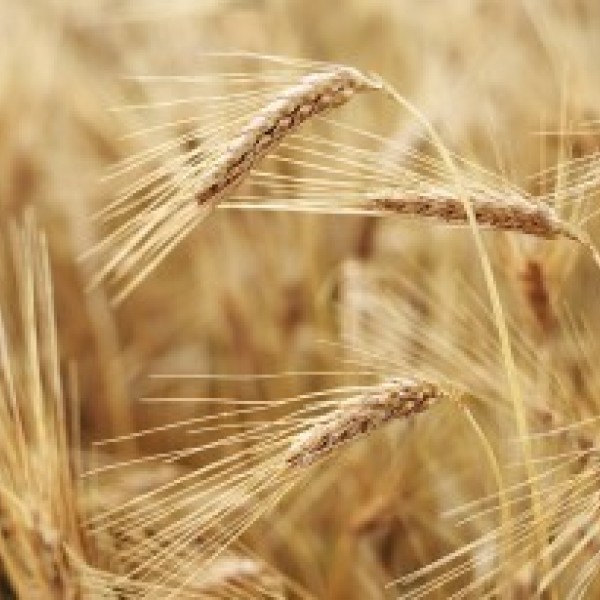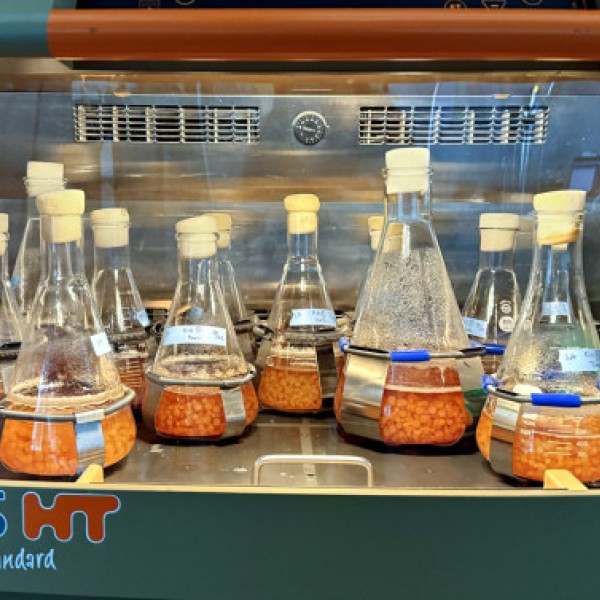Graduate student Issa Diaz ‘28 grew up in San Luis, Comayagua, Honduras. She has always been passionate about helping farmers streamline their practices and dreamed of coming to Cornell University. Now that she has joined the Nutrient Management Spear Program (NMSP) team in Cornell’s Department of Animal Science, she strives to fuel her passion by learning more about innovative nutrient management solutions on-farm. She hopes to use her knowledge to support farmers for years to come.
We sat down with Diaz to learn more about her journey and what she hopes to achieve while earning her PhD.
What drove you to join Cornell CALS’ NMSP?
I got my bachelor’s degree in agronomic engineering from Zamorano University in 2020, and then my master’s degree in soil physics at Auburn University in Alabama this past May.
I really wanted to pursue a PhD and one of the professors in my department at Auburn directed me to Dr. Quirine Ketterings and her work with soil fertility and precision agriculture. That immediately sparked my interest. I have always wanted to study at Cornell, though I once thought getting accepted here was a far-fetched dream. Yet, that discussion with that professor paved the way for me to join NMSP.








